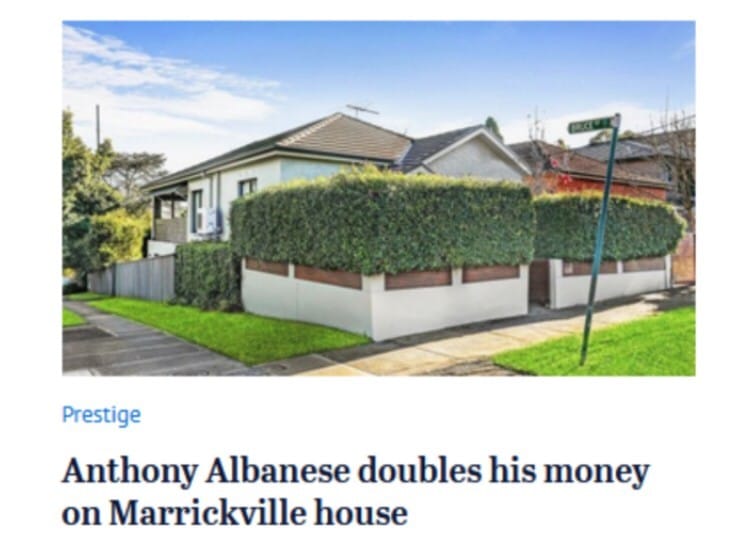Negative gearing can be a beneficial tool used in real estate investing. Buying a negatively geared investment property may allow an investor to offset the losses against their taxes. This type of investment strategy can offer substantial savings; for investors who are in the 40% and above tax bracket. The intention is to hold on to the property long enough for the equity to grow. Then proceed to cash in either by refinancing to purchase an additional property, or selling it with a 50% capital gains discount. The discount applies if the asset is held for at least 12 months or more.
The Australian Treasury defines negative gearing as:
“ A commonly used term used to describe a situation where expenses associated with an asset (including interest expenses) are greater than the income earned from the asset. Negative gearing can apply to any type of investment, not just housing. Individuals who are negatively geared can deduct their loss against other income, such as salary and wages. This is consistent with the broader operation of Australia’s personal income tax system”.
“While making a loss on an investment property or shares might initially seem counterintuitive, some people are willing to do this in the expectation that the capital gain (sale price minus cost of asset) when they sell the asset will more than offset that loss”.
In the last two elections – 2016 and 2019 – the opposition made campaign promises to limit negative gearing to new properties only and slash the capital gains concession by 50%. The opposition presented these measures as a common-sense approach to address; housing affordability in the Australian residential property market.
The significant uptick in median house prices has created a housing affordability crisis in major Australian capital cities. The Senate Economics References Committee published a report on Australian housing affordability in 2015 concluding that, “affordable housing was a matter of national importance”.
Many Australians agree that the housing affordability crisis requires an urgent resolution. However, many Australians also agree that penalising the investors – who provide an essential supply of rental properties- is not the right solution.
The opposition faced back-to-back losses and has dumped its plans to curb property investment incentives like negative gearing and capital gains concessions. They have also pledged to retain the Morrison Government’s tax cuts due to take effect in July 2024. This shift is a big win for property investors who would otherwise have experienced significant losses if they can not claim negative gearing deductions and discounted capital gains tax.
The current leader of the opposition Anthony Albanese comes from humble beginnings as the son of a single mother raised in government housing. He has a unique and powerful perspective on the importance of housing affordability.
Mr Albanese has also achieved remarkable political success and has become a homeowner and a property investor. He recently sold his investment property in Marrickville for a gross profit of $1.2 million.
Source: Domain
The Albanese Government pledged 10 billion to build social and affordable housing if voted in the next election. Mr Albanese added that the construction of these homes also creates jobs. He was quoted saying “The security of a roof over one’s head should be available to all Australians. The home I grew up in gave me and my mum so much more than somewhere to sleep. It gave us pride, dignity and security, and it gave me a future.”
The CEO of Property Investment Professionals of Australia (PIPA) – Peter Koulizos – is understandably pleased with Labour’s decision to drop the plans to reform negative gearing and capital gains tax. In his explanation about why keeping negative gearing and capital gains consistent was a win for your average property investor, Mr Koulizos said:
“The vast majority of property investors, close to 90%, only have one or two properties. These people are just trying to better themselves in retirement rather than trying to become very wealthy people that drive around in Porsches and Lamborghinis”.
Australian investors can breathe a sigh of relief now that they know the strong incentives for property investment will be honoured by both parties. Campaign promises can always change -and they often do when the elections are over – but both parties seem to understand that housing affordability solutions and property investment incentives can co-exist. The First-home buyer grant and the current negative gearing and capital gains taxes are an example of this.
Did you know that Trilogy offers a free 30-minute finance strategy session? Contact us if you are buying your first investment property or want to acquire another investment property. We can help you strategically build and grow your property portfolio. Claim your free strategy session today.

